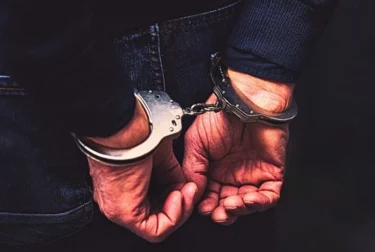The National Transportation Safety Board is making hard-core drunk driving one its top priorities. Hard-core drunk drivers are drivers who get on the road with a blood alcohol content of 0.15 percent or higher, or offenders who have been arrested multiple times for DUI or drunken driving within the last 10 years. As a part of its efforts, the National Transportation Safety Board is lobbying states to adopt its 11 point safety program to reduce the risk of hard-core drunk drivers on the road.
So far, no single state has adopted all 11 components of the National Transportation Safety Board’s program, but some states have adopted certain aspects of the program. Of the efforts that the National Transportation Safety Board is pushing for states to adopt are jail alternatives and sobriety checkpoints. According to the director of the National Traffic Law Center, states are trying to adopt tougher laws for hard-core drunken drivers that are involved in fatal accidents. This year some states have already passed new laws regarding hard-core drunk driving.
Vermont passed a law requiring alcohol ignition interlocks for hard-core drunk drivers. Missouri now requires jail time for DUI offenders with a blood alcohol content of 0.15 percent or higher. Drivers in California who have been convicted of drunken driving three times or more will now lose their driver’s license for a period of 10 years. Texas has taken a cue from the National Transportation Safety Board and will introduce a bill to remove the state’s ban on sobriety checkpoints. Nine other states ban sobriety checkpoints. They include Minnesota, Wisconsin, Washington, Rhode Island, Wyoming, Iowa, Michigan, Idaho and Oregon.
The National Transportation Safety Board’s efforts are in response to drunk drivers who are resistant to current public message campaigns and legal penalties. Hard-core drunk drivers were involved in more than 70 percent of all alcohol impaired car crashes over the past year according to the Safety Board.
Source: USA Today, “NTSB Pushes Zero Tolerance of Hard-Core Drunken Drivers,” Larry Copeland, 12/9/10





